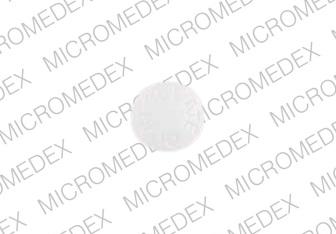Accolate Interactions
There are 289 drugs known to interact with Accolate (zafirlukast), along with 1 disease interaction, and 1 alcohol/food interaction. Of the total drug interactions, 13 are major, 253 are moderate, and 23 are minor.
- View all 289 medications that may interact with Accolate
- View Accolate alcohol/food interactions (1)
- View Accolate disease interactions (1)
Most frequently checked interactions
View interaction reports for Accolate (zafirlukast) and the medicines listed below.
- Advair Diskus (fluticasone / salmeterol)
- albuterol
- aspirin
- Aspirin Low Strength (aspirin)
- Calcium 600 D (calcium / vitamin d)
- clonazepam
- Cymbalta (duloxetine)
- Fish Oil (omega-3 polyunsaturated fatty acids)
- Flonase (fluticasone nasal)
- gabapentin
- Klonopin (clonazepam)
- Lamictal (lamotrigine)
- Lasix (furosemide)
- levothyroxine
- Lexapro (escitalopram)
- Lipitor (atorvastatin)
- lisinopril
- multivitamin
- omeprazole
- prednisone
- ProAir HFA (albuterol)
- Protonix (pantoprazole)
- Spiriva (tiotropium)
- Symbicort (budesonide / formoterol)
- Synthroid (levothyroxine)
- trazodone
- verapamil
- Vitamin B12 (cyanocobalamin)
- Vitamin D3 (cholecalciferol)
- Zyrtec (cetirizine)
Accolate alcohol/food interactions
There is 1 alcohol/food interaction with Accolate (zafirlukast).
Accolate disease interactions
There is 1 disease interaction with Accolate (zafirlukast) which include:
More about Accolate (zafirlukast)
- Accolate consumer information
- Compare alternatives
- Reviews (4)
- Drug images
- Side effects
- Dosage information
- During pregnancy
- Generic availability
- Drug class: leukotriene modifiers
- Breastfeeding
- En español
Related treatment guides
Drug Interaction Classification
| Highly clinically significant. Avoid combinations; the risk of the interaction outweighs the benefit. | |
| Moderately clinically significant. Usually avoid combinations; use it only under special circumstances. | |
| Minimally clinically significant. Minimize risk; assess risk and consider an alternative drug, take steps to circumvent the interaction risk and/or institute a monitoring plan. | |
| No interaction information available. |
Further information
Always consult your healthcare provider to ensure the information displayed on this page applies to your personal circumstances.


